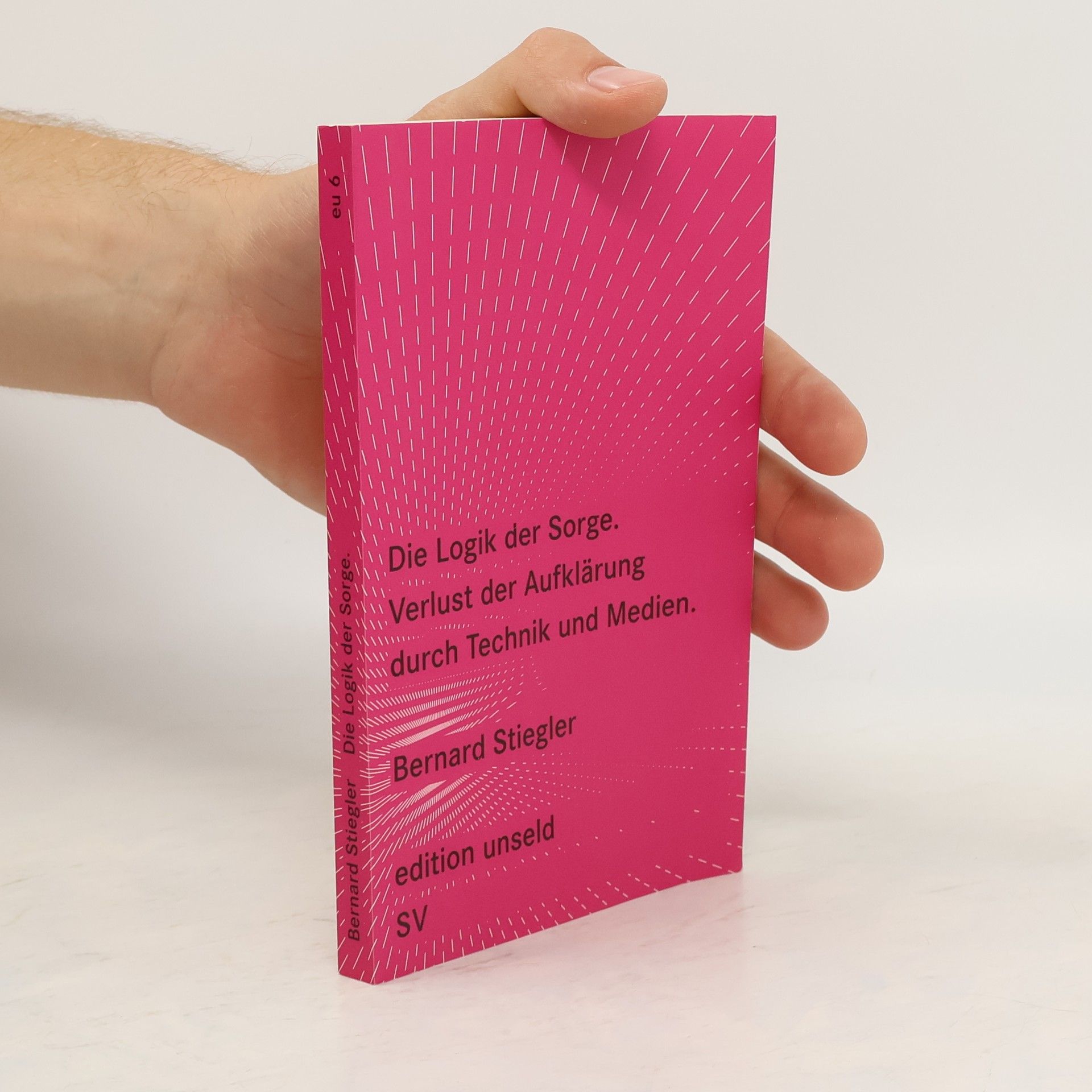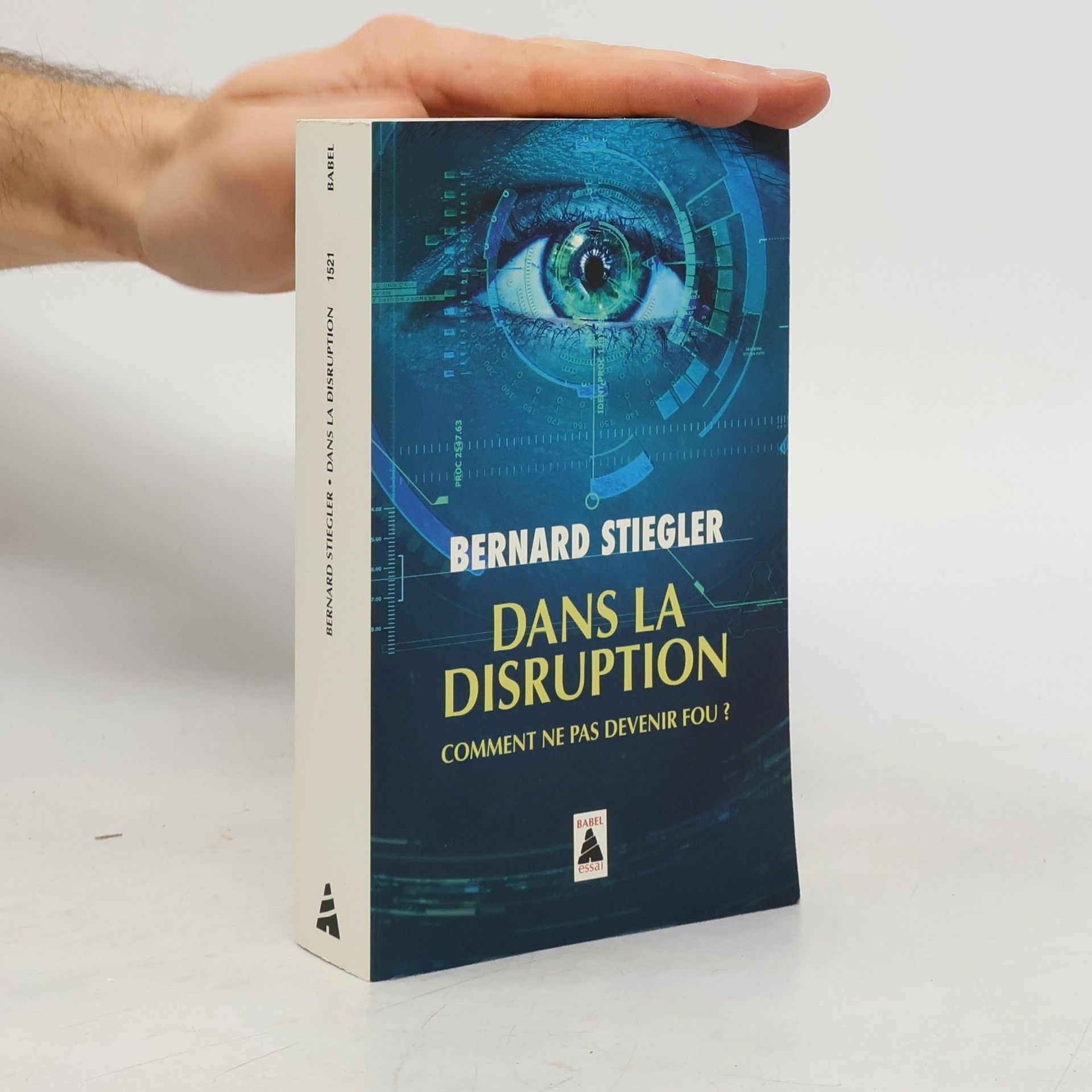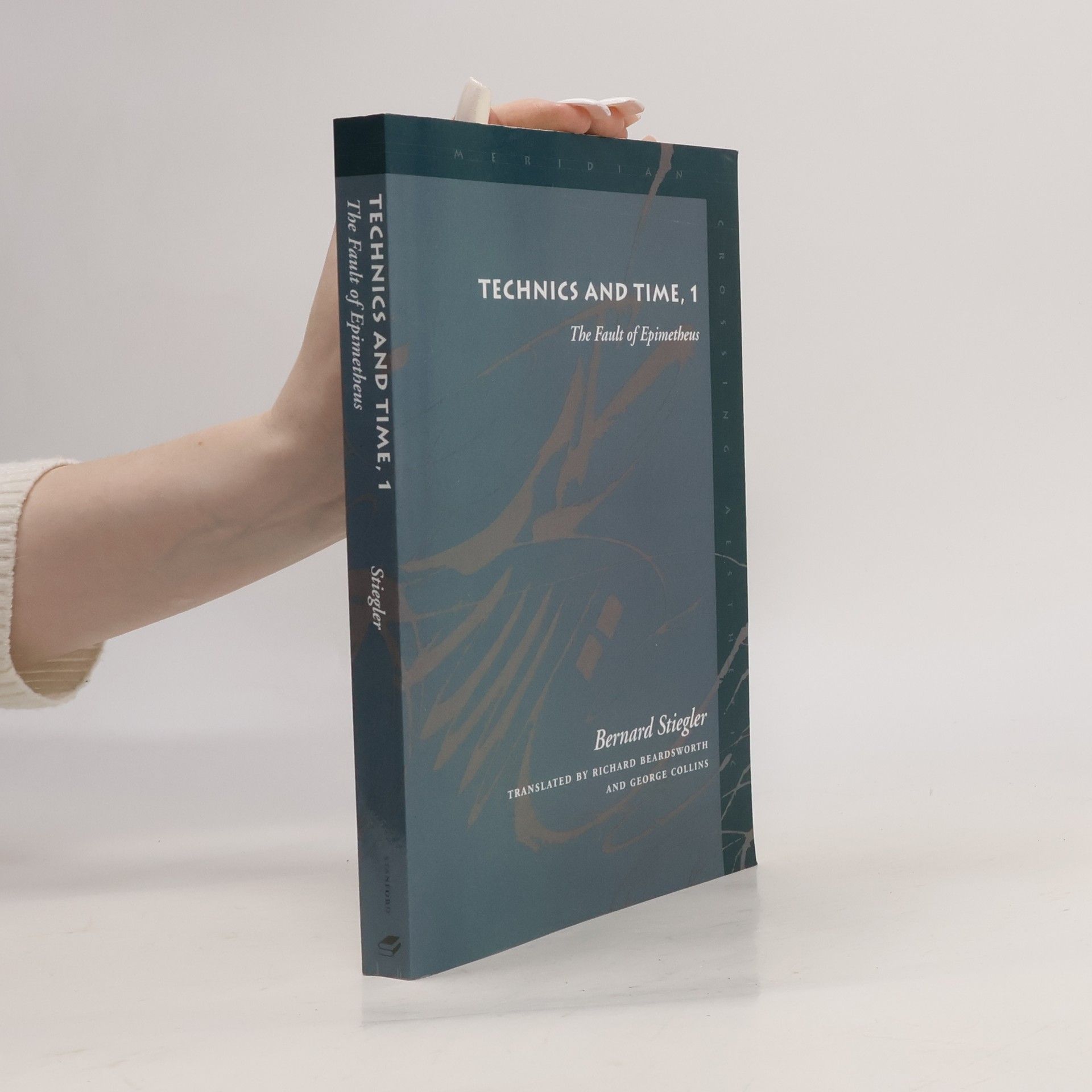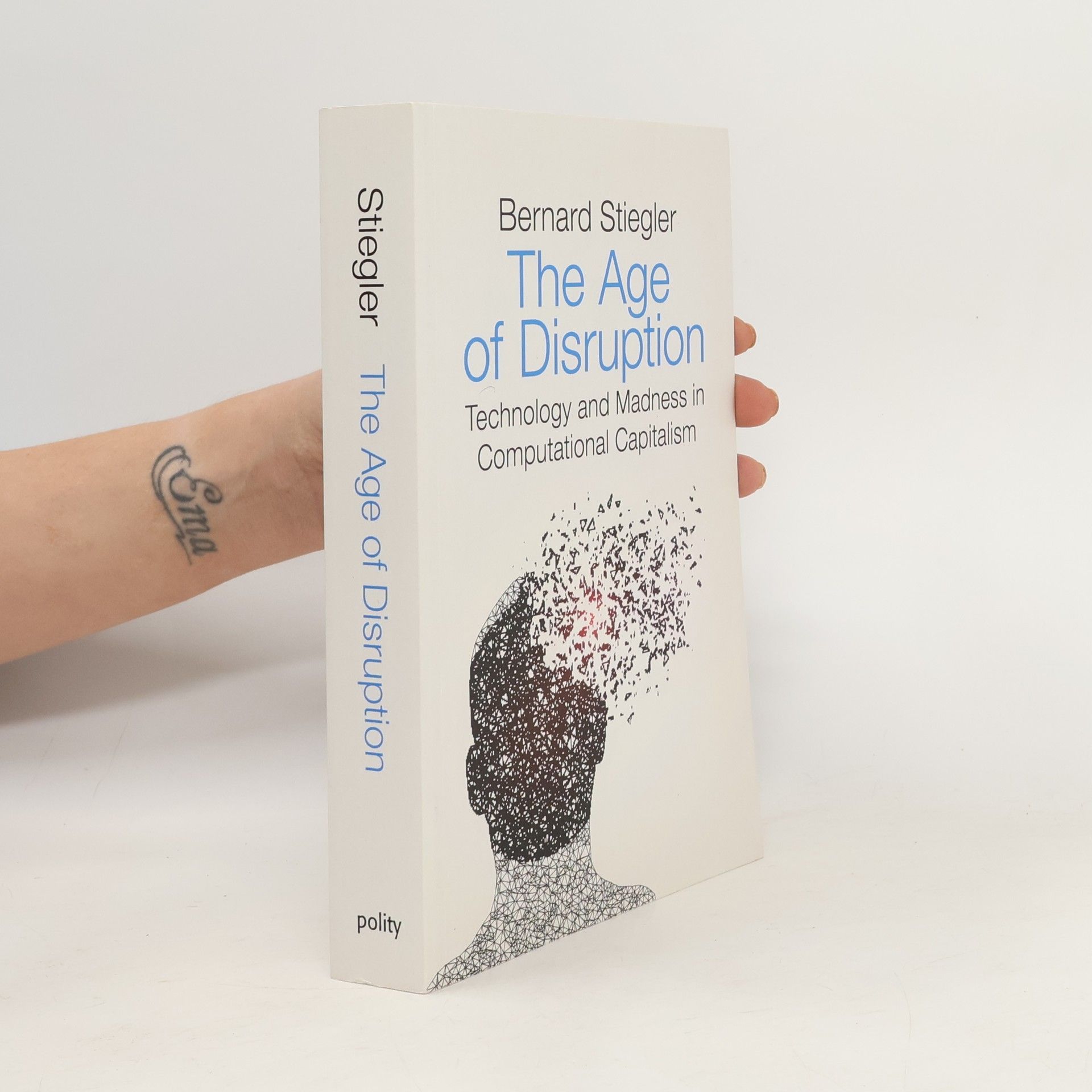The Age of Disruption
- 380 pages
- 14 hours of reading
Half a century ago, Adorno and Horkheimer presciently noted that our increasingly rationalized world was giving rise to a new form of barbarism, exacerbated by the culture industries. They could not foresee that the digital revolution and its pervasive automation would amplify these developments, leading to a profound loss of reason and purpose. Individuals today are inundated with vast amounts of digital information and rapid digital flows, creating a chaotic environment where they feel powerless and driven to madness by their lack of agency. In this major work, Bernard Stiegler posits that we must recognize our current era as one of deep disruption and detachment. He argues that we are experiencing an absence of epokhe, meaning we have lost our way in thinking and being. Drawing from his own life experiences, including battles with depression and time in prison, Stiegler advocates for a new epokhe rooted in public power. He emphasizes the need to create new circuits of meaning beyond established algorithmic paths. Only then can we cultivate forms of thought and life that restore meaning and aspiration. The book concludes with a dialogue between Stiegler and Jean-Luc Nancy, making it a significant read for students and scholars in social and cultural theory, media studies, philosophy, and the humanities.






